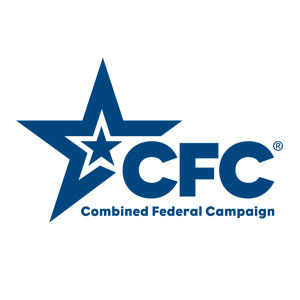The Bozeman VA Clinic is the country’s latest Department of Veterans Affairs facility to partner with national nonprofit SoldierStrong to provide a groundbreaking virtual reality system known as BraveMind to aid in treating veterans experiencing post-traumatic stress.
SoldierStrong, a Stamford, Conn. organization, is dedicated to helping veterans take their next steps forward by connecting them with revolutionary medical technologies donated to VA medical centers and other facilities, has donated the BraveMind system to the Bozeman VA Clinic in an effort to combat the national daily average of 20 veteran suicides.
Since SoldierStrong’s inception following the tragic events of 9/11, the organization has donated more than $4.2 million of medical devices to help injured veterans. This donation is the 15th BraveMind system donated to a VA hospital since late 2019.
Co-founder and chairman Chris Meek said SoldierStrong’s goal to make medical devices, including the BraveMind system, available in as many states as possible was a significant factor in the donation. This is the first BraveMind virtual reality system in the state, making its treatment accessible to Montana’s veterans for the first time.
“We know that veterans experiencing PTS often find it both difficult and especially painful to summon specific memories from their time in service. BraveMind is designed to make the process of recalling those memories significantly easier for them,” Meek said. “The BraveMind system delivers prolonged exposure therapy, which is the practice of recalling a traumatic memory while working through that memory with a trained clinician. It’s a clinically effective, evidence-based method for treating PTS.”
He continued, “With virtual reality’s rising popularity in non-medical settings, such as video games, entertainment and even the workplace, there’s convincing evidence that younger veterans will seek PTS treatment using VR techniques who otherwise may not be inclined to participate in traditional therapy practices.”
The virtual reality technology behind BraveMind was developed by Dr. Albert “Skip” Rizzo and his team at the University of Southern California’s Institute for Creative Technologies.
The technology creates 14 “worlds” of combat scenarios, from a desert roadway to a crowded Iraqi marketplace or a slum in an Afghan city. Therapists select a world based on a Veteran’s traumatic experience and customize it in the virtual reality headset, thus placing Veterans back within the midst of that memory at a pace they can handle.
“Utilizing the virtual reality technology in BraveMind gets Veterans to talk about things they’ve never talked to anyone about before,” Rizzo said. “Those memories don’t have the same emotional power that they did before because repeatedly experiencing those troubling memories in a safe environment reduces the brain’s response to them. Patients start to feel empowered, to feel that they got it out and that they can talk about it.”
The program’s efficacy stems from clinicians’ ability to customize and control the content presented in the headset so precisely from sights, sounds, smells, vibrations ‒ even the weight and tactile sensation of holding a weapon ‒ that can create a patient experience mirroring the traumatic memory.
“I’m very pleased that the Bozeman VA Clinic is committed to the VA’s tradition of excellence by providing more of our nation’s heroes access to BraveMind’s innovative technology for the very first time,” Meek said. “Not only will BraveMind help to reach more of the VA’s younger patients, but it will provide expanded access and greater choice in PTS treatment to all of Montana’s Veterans.”

